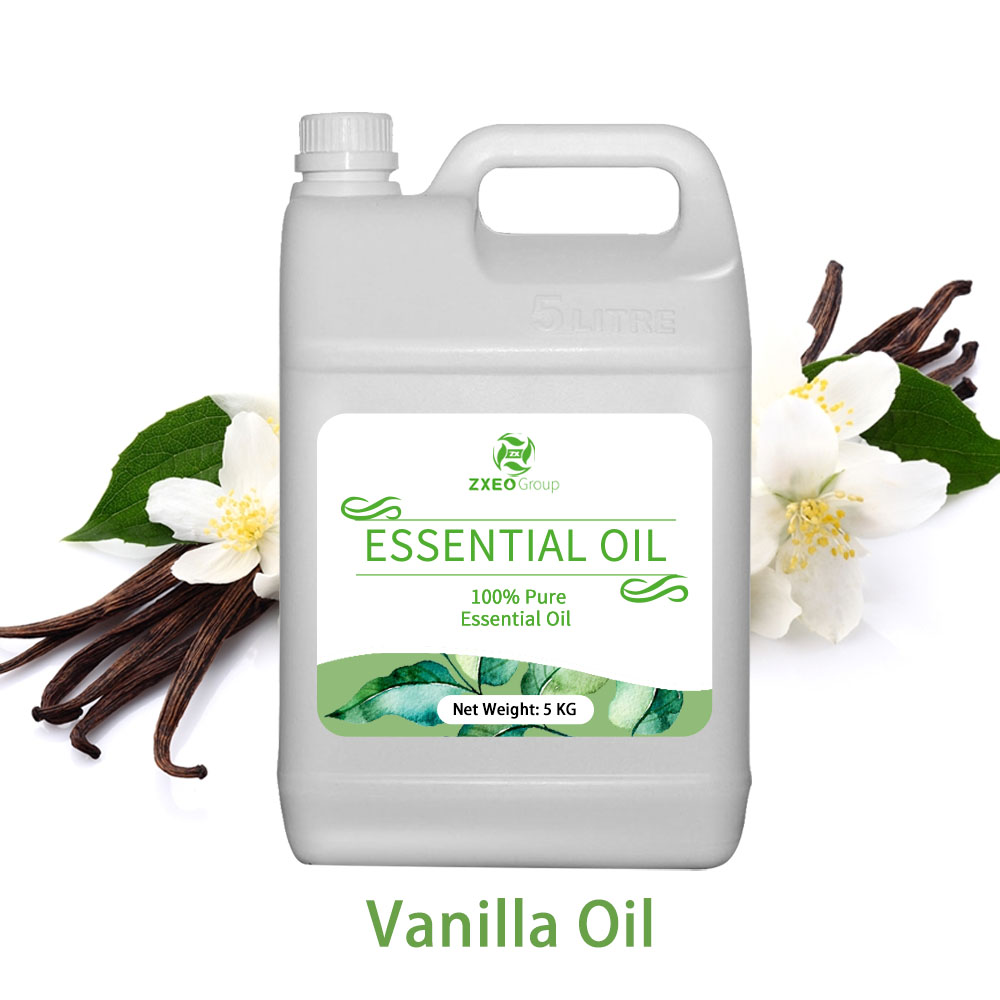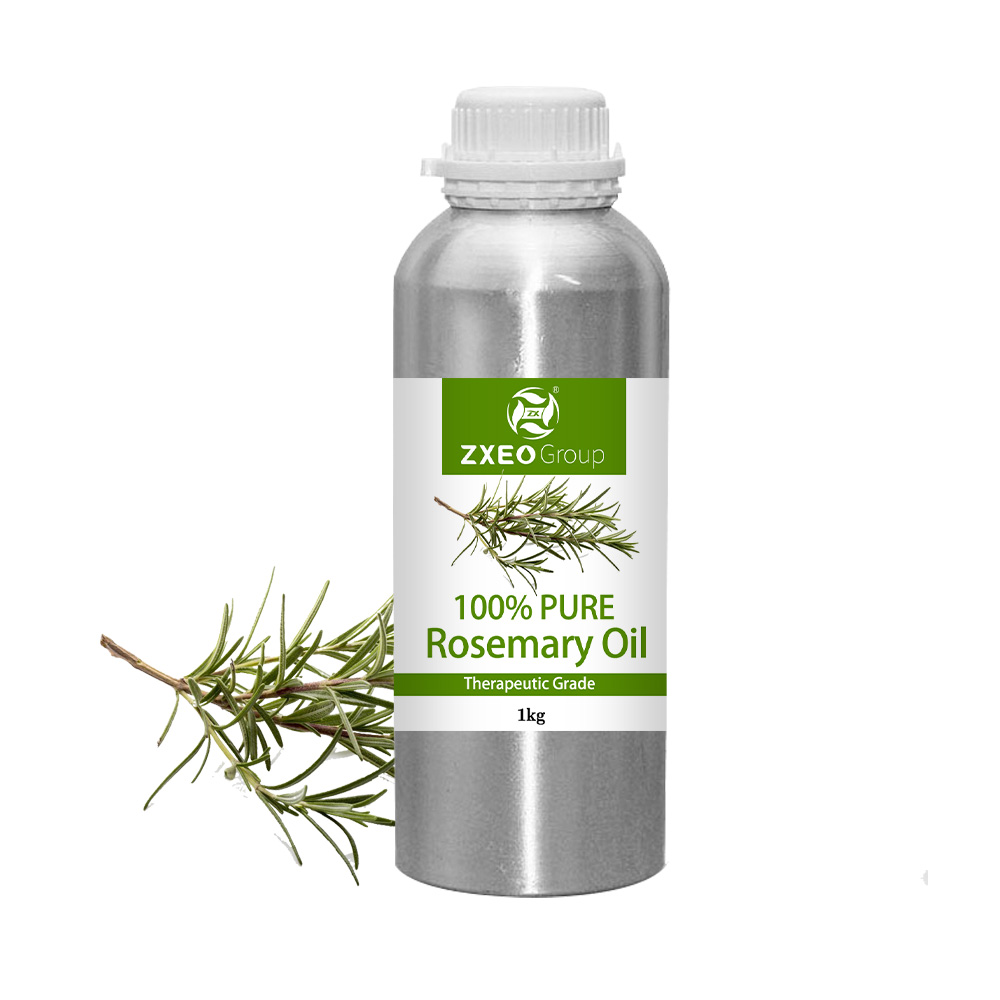100% Pure Myrrh oil 1kg Organic Diffuser Essential Oils
Myrrh oil has many potential benefits, although further research is needed to determine the exact mechanisms of how it works and dosages for therapeutic benefits. Here are some of the main benefits of myrrh oil use:
1. Potent Antioxidant
A 2010 animal-based study in the Journal of Food and Chemical Toxicology found that myrrh could protect against liver damage in rabbits due to its high antioxidant capacity. There may be some potential for uses in humans also.
2. Anti-Cancer Benefits
A lab-based study found that myrrh also has potential anticancer benefits. The researchers found that myrrh was able to reduce the proliferation or replication of human cancer cells.
They found that myrrh inhibited growth in eight different types of cancer cells, specifically gynecological cancers. Although further research is needed to determine exactly how to use myrrh for cancer treatment, this initial research is promising.
3. Antibacterial and Antifungal Benefits
Historically, myrrh was used to treat wounds and prevent infections. It can still be used in this manner on minor fungal irritations, such as athlete’s foot, bad breath, ringworm (all of which can be caused by candida) and acne.
Myrrh oil can help fight certain types of bacteria as well. For example, it seems in lab studies to be potent against S. aureus infections (staph). The antibacterial properties of myrrh oil seem to be amplified when it’s used along with frankincense oil, another popular biblical oil.
Apply a few drops to a clean towel first before applying it directly to the skin.
4. Anti-Parasitic
A medication has been developed using myrrh as a treatment for fascioliasis, a parasitic worm infection that infects humans worldwide. This parasite is generally transmitted by ingesting aquatic algae and other plants.
A medication made with myrrh was able to decrease symptoms of the infection, as well as a drop in parasite egg count found in the feces.
5. Skin Health
Myrrh can help maintain healthy skin by soothing chapped or cracked patches. It is commonly added to skin care products to help with moisturizing and for fragrance. Ancient Egyptians used it to prevent aging and maintain healthy skin.
A research study in 2010 discovered that topical application of myrrh oil helped elevate white blood cells around skin wounds, leading to faster healing.
6. Relaxation
Myrrh is commonly used in aromatherapy for massages. It can also be added to a warm bath or applied directly to the skin.
Uses
Essential oil therapy, the practice of using oils for their health benefits, has been used for thousands of years. Each essential oil has its own unique benefits and can be incorporated as an alternative treatment to a variety of ailments.
Generally, oils are inhaled, sprayed in the air, massaged into the skin and at times taken by mouth. Fragrances are strongly connected to our emotions and memories since our scent receptors are located next to the emotional centers in our brain, the amygdala and hippocampus.
1. Diffuse or Inhale It
You can purchase an essential oil diffuser to use throughout the house when you are trying to achieve a certain mood. You also can add a few drops to hot water, and inhale the steam. Myrrh oil can be inhaled when you are sick to help improve the symptoms of bronchitis, colds or coughs as well.
It can also be blended with other essential oils to create a new scent. It blends well with citrus oil, such as bergamot, grapefruit or lemon to help lighten up its fragrance.
2. Apply It Directly to the Skin
It is best to mix myrrh with carrier oils, such as jojoba, almond or grapeseed oil before applying it to the skin. It can also be mixed with an unscented lotion and used directly on the skin.
Due to its antioxidant properties, it is great for anti-aging, skin rejuvenation and wound treatment.
You can also use myrrh to make various natural skin care products when it is blended with other ingredients. For example, consider making homemade frankincense and myrrh lotion to help treat and tone the skin.
3. Use as a Cold Compress
Myrrh oil has many therapeutic properties. Add a few drops to a cold compress, and apply it directly to any infected or inflamed area for relief. It is antibacterial, antifungal, and helps reduce swelling and inflammation.
4. Relief for Upper Respiratory Problems
It may work as an expectorant to help relieve the symptoms of coughs and cold. Try this oil to to relieve congestion and help reduce phlegm.
5. Decrease in Digestive Problems
Another popular myrrh oil use is to help relieve digestive problems, such as stomach upset, diarrhea and indigestion.
6. Helps Prevent Gum Disease and Mouth Infections
Due to its anti-inflammatory and antibacterial properties, myrrh can help relieve inflammation of the mouth and gums caused by diseases such as gingivitis and mouth ulcers. It can also be used as mouth rinse to prevent gum disease.
It can freshen your breath and is commonly used as an ingredient in mouthwash and toothpaste.
7. Helps Treat Hypothyroidism
Myrrh is a remedy for hypothyroidism, or a low functioning thyroid, in traditional Chinese medicine and Ayurvedic medicine. Certain compounds in myrrh may be responsible for its thyroid-stimulating effects.
Put two to three drops directly onto the thyroid area daily to help decrease symptoms.
8. May Help Treat Skin Cancer
As discussed above, myrrh is being studied for its potential anticancer benefits. It has been shown to be beneficial against skin cancer cells in laboratory studies.
Consider using it in addition to other traditional treatments if you have been diagnosed with skin cancer. Apply a few drops per day directly onto the cancer site, always testing a small area first.
9. Treatment for Ulcers and Wounds
Myrrh has the power to increase the function of white blood cells, critical for wound healing. It was found to decrease the incidence of ulcers and improve their healing time in a study published in the Journal of Immunotoxicology.
A primary myrrh oil use is as a fungicide or antiseptic. It can help reduce fungal infections, such as athlete’s foot or ringworm, when applied directly to the affected area. It can also be used on small scrapes and wounds to prevent infection.
Myrrh can help strengthen the body’s cells by acting as an astringent. It was used traditionally to help stop bleeding. Due to its astringent effects, it may also help prevent hair loss by strengthening the roots in the scalp.
Risks and Side Effects
Myrrh does have some side effects that need to be considered before using it therapeutically. As always, it is best to speak to your doctor or trusted health care provider first.
Since one of the most common myrrh oil uses is topical, people with sensitive skin should be cautious. Myrrh has been found to cause dermatitis, or inflammation of the skin, in some people. Always test it first in a small area before applying it all over the skin to make sure you don’t have any allergic reaction.
- If taken internally, myrrh may cause stomach upset and diarrhea. Although it is generally not serious, chronic diarrhea can lead do dehydration, so discontinue its use if you are experiencing gastrointestinal problems.
- Pregnant women should avoid taking myrrh because it may enhance uterine contractions.
- Other potential side effects of myrrh are heart irregularities and lowered blood pressure, although these are mostly seen at high doses of more than two to four grams per day. Anyone with a medical condition related to the heart should ask a doctor before using myrrh oil.
- Myrrh may lower blood sugar, therefore it is not recommended for people with diabetes or other blood sugar conditions. Since it interacts with blood glucose it is also not recommended for people undergoing surgery, and it is best to stop its use at least two weeks before surgery.
- Myrrh oil is not recommended for people using anticoagulants, such as warfarin (common brand names Coumadin and Jantoven), as it may have potential interactions with this medication. It is also not recommended for people on diabetes medication as there is a potential for a drug interaction.







